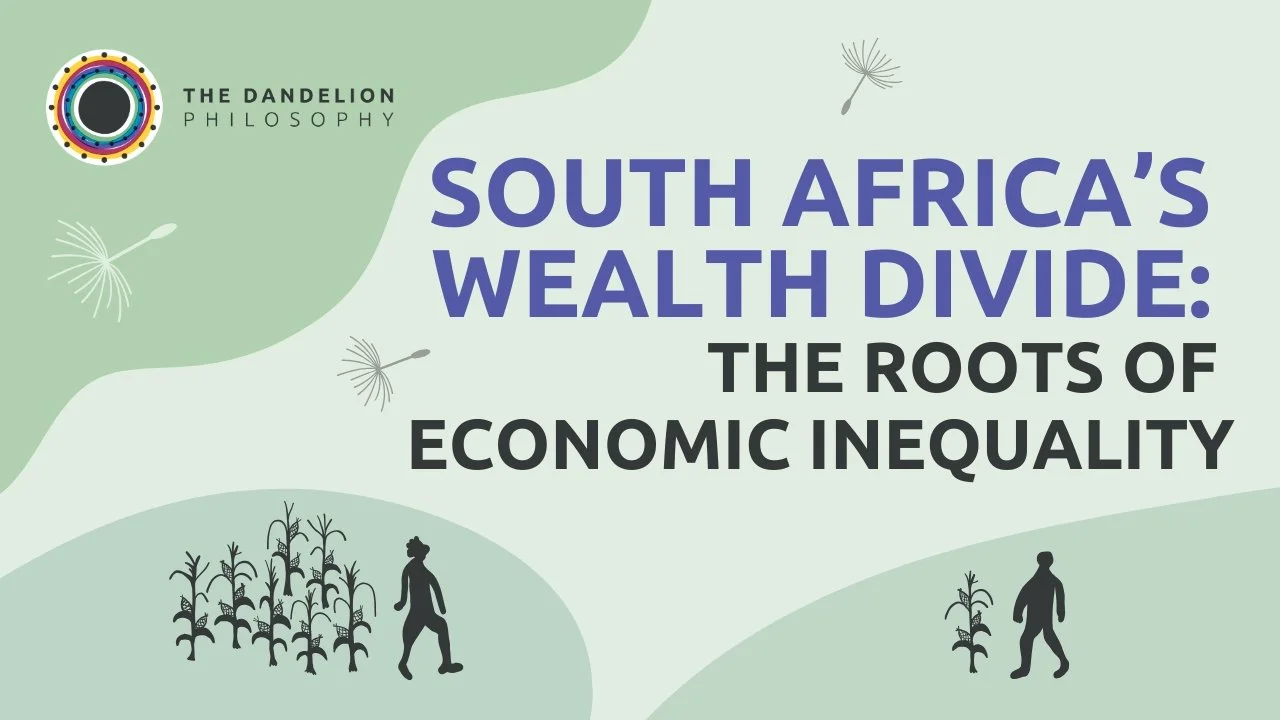- Sustainable Philanthropy
- Social Enterprise
- Healing
- South Africa
- Social Change
- Cambridge Village
- Social Impact
- Sustainability
- Volunteering
- Healing Hub
- Trauma Healing
- Women's Empowerment
- Empowerment
- Gender Equality
- Giving
- Community Empowerment
- Give Back
- Addressing Inequality
- Intergenerational Trauma
- Charity

South Africa’s Wealth Divide: The Roots of Economic Inequality
The World Bank recognises South Africa as one of the most economically unequal countries in the world. But this vast divide didn’t happen overnight or by accident. It’s the result of a long, painful history built on centuries of structural injustice, beginning with colonialism and firmly entrenched by apartheid. Since apartheid ended in 1994, the gap between the rich and the poor has only expanded. This inequality is closely linked to racial divisions created by historic systems of racial hierarchy. Under apartheid, power was concentrated in the hands of a white minority who deliberately denied economic opportunities to the Black majority.

The Journey Through 2024: Challenges, Perseverance, and Hope
Every year, as the curtain falls and we reflect on the journey, it’s tempting for nonprofits to measure success by the milestones hit, funds raised, or numbers reported. But leading The Dandelion Philosophy through 2024 has been a reminder that real progress is not just found in data points—it lies in the stories, the lessons, the resilience, and the undeniable belief that we will get there, no matter how heavy the headwinds.

Child Poverty in South Africa
The situation facing children in South Africa is dire, with millions of young lives affected by poverty and deprivation. 62.1% of South African children are multidimensionally poor, meaning they lack necessities in several areas of life, such as education, healthcare, and living conditions. Despite progress in some areas, the reality is that many children continue to experience significant hardships that impact their well-being and future prospects.

